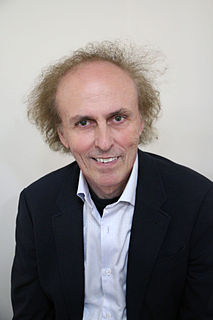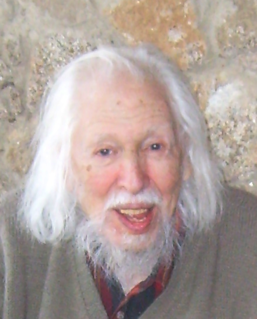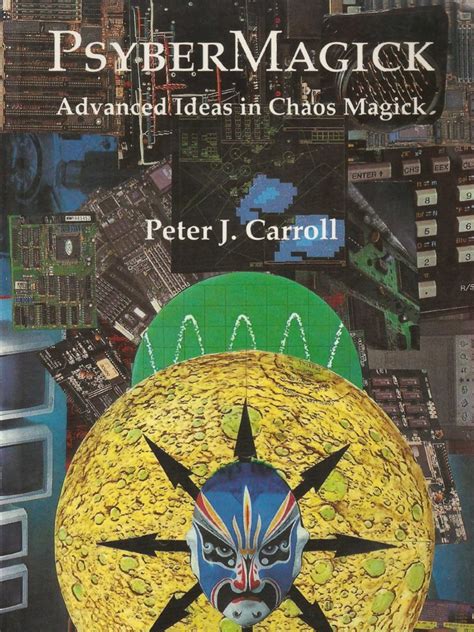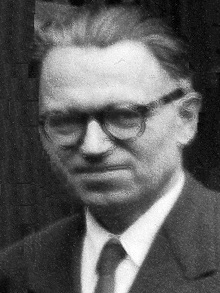A Quote by John Allen Paulos
When asked why he doesn't believe in astrology, the logician Raymond Smullyan responds that he's a Gemini and Geminis never believe in astrology.
Related Quotes
Astrology is knocking at the gates of our universities: A Tübingen professor has switched over to astrology and a course on astrology was given at Cardiff University last year. Astrology is not mere superstition but contains some psychological facts (like theosophy) which are of considerable importance. Astrology has actually nothing to do with the stars but is the 5000-year-old psychology of antiquity and the Middle Ages.
Astrology is a science in itself and contains an illuminating body of knowledge. It taught me many things and I am greatly indebted to it. Geophysical evidence reveals the power of the stars and the planets in relation to the terrestrial. In turn, astrology reinforces this power to some extent. This is why astrology is like a life-giving elixir to mankind.
The pseudoscience of astrology has no place in magick. Astrology has already died twice: once with the classical gods, and a second time after the Enlightenment. The complete failure of contemporary psychology to create anything other than a vocabulary of intellectual rubbish has encouraged astrology to resurface.
In the middle 1970s an astronomer I admire put together a modest manifesto called "Objections to Astrology" and asked me to endorse it. I struggled with his wording, and in the end found myself unable to sign, not because I thought astrology has any validity whatever, but because I felt (and still feel) that the tone of the statement was authoritarian.
































